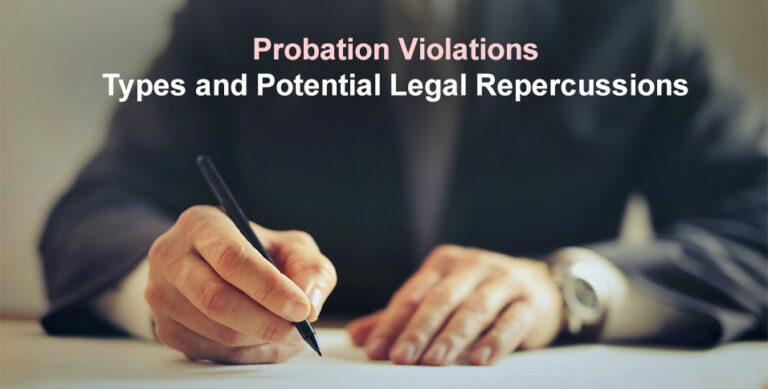If you have ever faced an injury due to someone’s negligent or intentional acts, you may be entitled to receive compensation for your losses or “damages.” The exact amount of compensation varies from case to case.
The two types of damages that are covered in personal injury damage compensation include compensatory and punitive damages.
Compensatory damages offer compensation for the economic and non-economic damages caused by the accident. The sections below discuss them in detail.
Compensatory Damages
Compensatory damages are intended to put the plaintiff back in the same situation as if the injury had never happened.
They try to make the plaintiff whole again—financially, physically, and emotionally—by putting a monetary value on their injuries.
Two forms of compensatory damages can be distinguished:
- Special damages that compensate victims for monetary losses
- General damages that compensate victims for non-monetary losses
Special Damages
The damages for monetary losses include:
- Medical bills: Medical care and rehabilitation expenses from the past and the future may be included in damages for medical expenses. Estimating the patient’s medical requirements for the rest of their anticipated life span helps determine future costs.
- Lost income: In addition to any lost earning capacity brought on by the injury, the plaintiff is entitled to compensation for any wages lost throughout the recovery process.
- Repair/Replacement cost: In an accident, the plaintiff may be able to recover the costs of damage sustained to property. Usually, property is assessed at its fair market value at the time of the damage.
- Funeral costs: Any funeral expenses paid due to the injury may be reimbursed to the victim’s family in the event of a personal injury.
Non-Economic Damages
Quantifying non-economic damages is more challenging than calculating special damages. They are intended to reimburse plaintiffs for intangible damages related to an injury, such as “pain and suffering.” Examples include:
- Pain and suffering (mental and physical)
- Physical impairment or deformity
- Loss of reputation
- Loss of enjoyment in life
Punitive Damages
The main aim of compensatory damages is to make up for plaintiffs’ tangible and intangible losses. Punitive losses are not the same.
The purpose of punitive damages is to hold defendants accountable for their behavior. Punitive damages are only available in cases involving intentional wrongdoing or reckless behavior, such as sexual assault, violent battery, or deceptive practices, which result in substantial physical, emotional, and financial harm.
Punitive damages may be awarded in certain states when there has been “gross negligence.” Defendants who neglect other people’s safety or lives commit egregious negligence.
How to Recover Damages
The plaintiff can recover damages by filing a personal injury claim. If they are unable to come to an agreement with the at-fault party’s insurance company, then the case goes to court. The personal injury case becomes a personal injury lawsuit. The outcome will be decided by the judge and jury.
Personal Injury Claim
You submit a personal injury claim with an insurance provider, usually the at-fault party’s insurance company. Your own insurance provider receives a first-party claim from you. The person or organization that injured you files a third-party claim with their insurance carrier. The court is not engaged in the claim procedure. Instead, you try to have a confidential settlement discussion with an insurance adjuster.
Personal Injury Lawsuits
You can file a civil action in court under the name “personal injury lawsuit.” You may decide to file a lawsuit immediately to adhere to your state’s “statute of limitations” or wait to file until settlement negotiations with the insurance company fail.
Settlement negotiations are still open throughout the litigation process. You will have to either dismiss your lawsuit or go to trial if you cannot come to an agreement.
Also Read: Navigating Compensation in Personal Injury Claims with Expert Legal Guidance
















